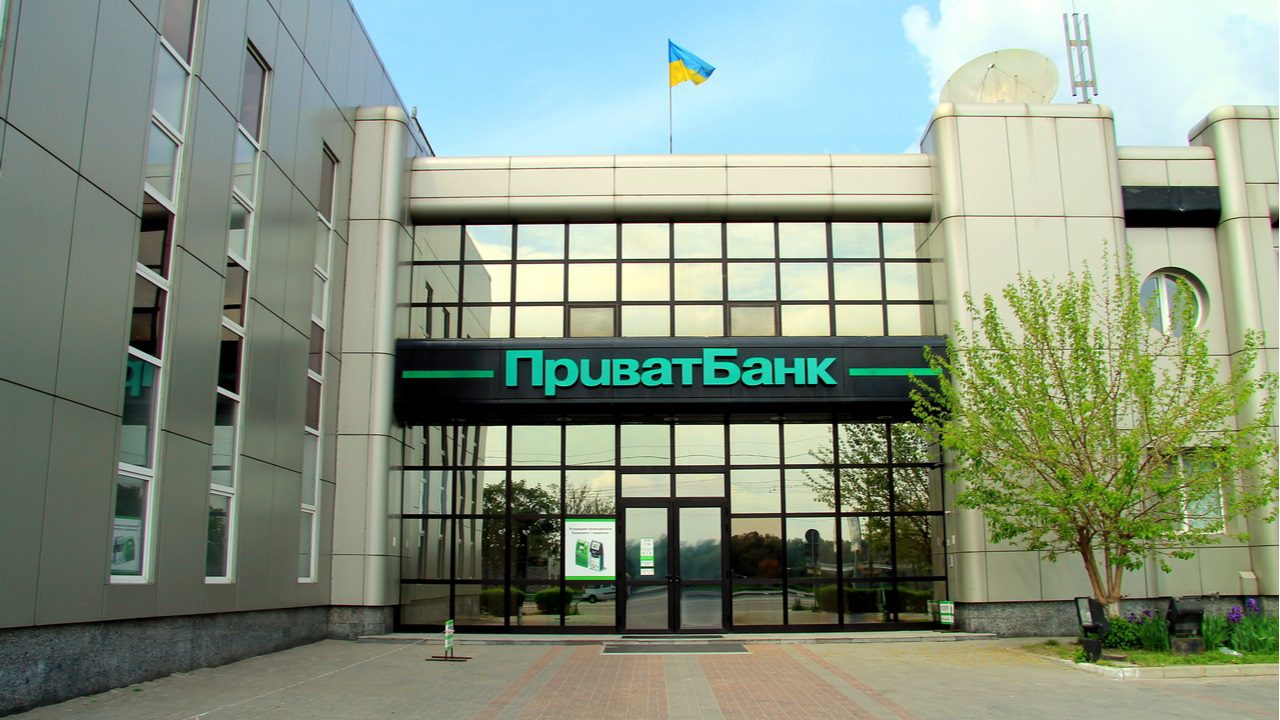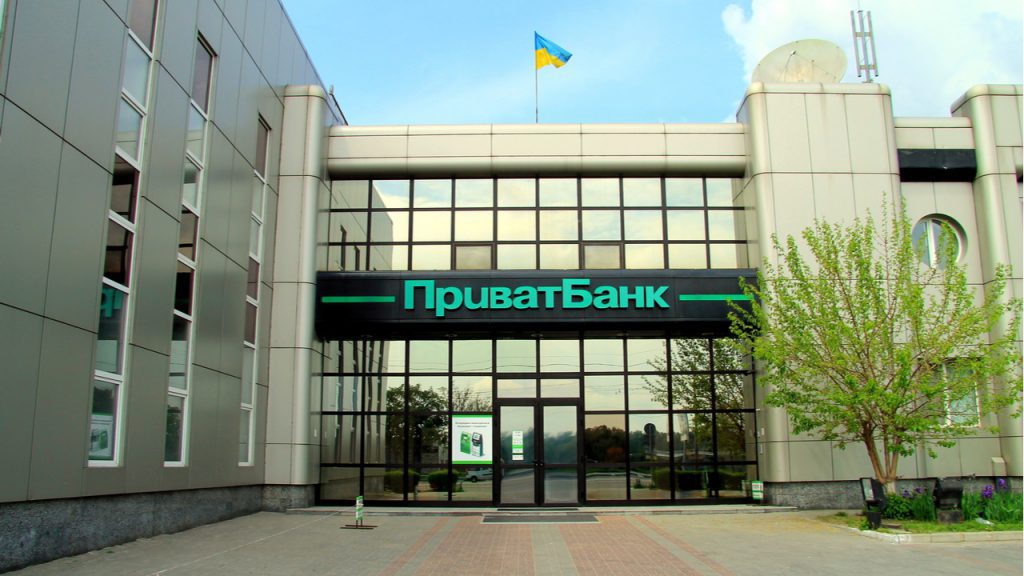
Privatbank, the largest commercial bank in Ukraine, has temporarily halted transfers in national currency to digital asset exchanges. The financial institution explained the move with restrictions imposed by the country’s central bank under the current martial law.
Leading Bank in Ukraine Bans Clients From Sending Hryvnia to Crypto Trading Platforms
Ukraine’s largest bank in terms of assets, Privatbank, has prohibited its clients from transferring funds in Ukrainian hryvnia, the national fiat currency, to exchanges trading cryptocurrencies. The temporary ban has been introduced on March 16.
According to a statement, quoted by the crypto news outlet Forklog, the measure stems from a resolution issued by the National Bank of Ukraine (NBU) on Feb. 24, the day when Russia launched its military invasion of the country.
Although it does not specifically mention crypto-related transactions, the document regulates the operation of the banking system under martial law and introduces stricter rules for bank operations. For example, cash withdrawals were limited to 100,000 hryvnia (approx. $3,400) daily and the hryvnia’s exchange rate was fixed.
Banks are prohibited from carrying out cross-border transfers of currency from Ukraine on behalf of clients, Privatbank explained in its announcement. Transferring funds for use on cryptocurrency exchanges is no exception, the bank elaborated.
The report notes that Binance, the world’s leading crypto exchange by trading volume, has confirmed the news of Privatbank’s decision regarding hryvnia deposits. The company is warning users that other banks may do the same and recommending they turn to peer-to-peer trading.
Ukraine has been accepting crypto donations to fund its defense efforts in the face of advancing Russian forces and addressing growing humanitarian needs. The ban comes despite President Volodymyr Zelenskyy signing this week the country’s new law “On Virtual Assets.”
Do you think other Ukrainian banks will impose similar restrictions? Share your expectations in the comments section below.
Image Credits: Shutterstock, Pixabay, Wiki Commons
Disclaimer: This article is for informational purposes only. It is not a direct offer or solicitation of an offer to buy or sell, or a recommendation or endorsement of any products, services, or companies. Bitcoin.com does not provide investment, tax, legal, or accounting advice. Neither the company nor the author is responsible, directly or indirectly, for any damage or loss caused or alleged to be caused by or in connection with the use of or reliance on any content, goods or services mentioned in this article.
Read disclaimer


